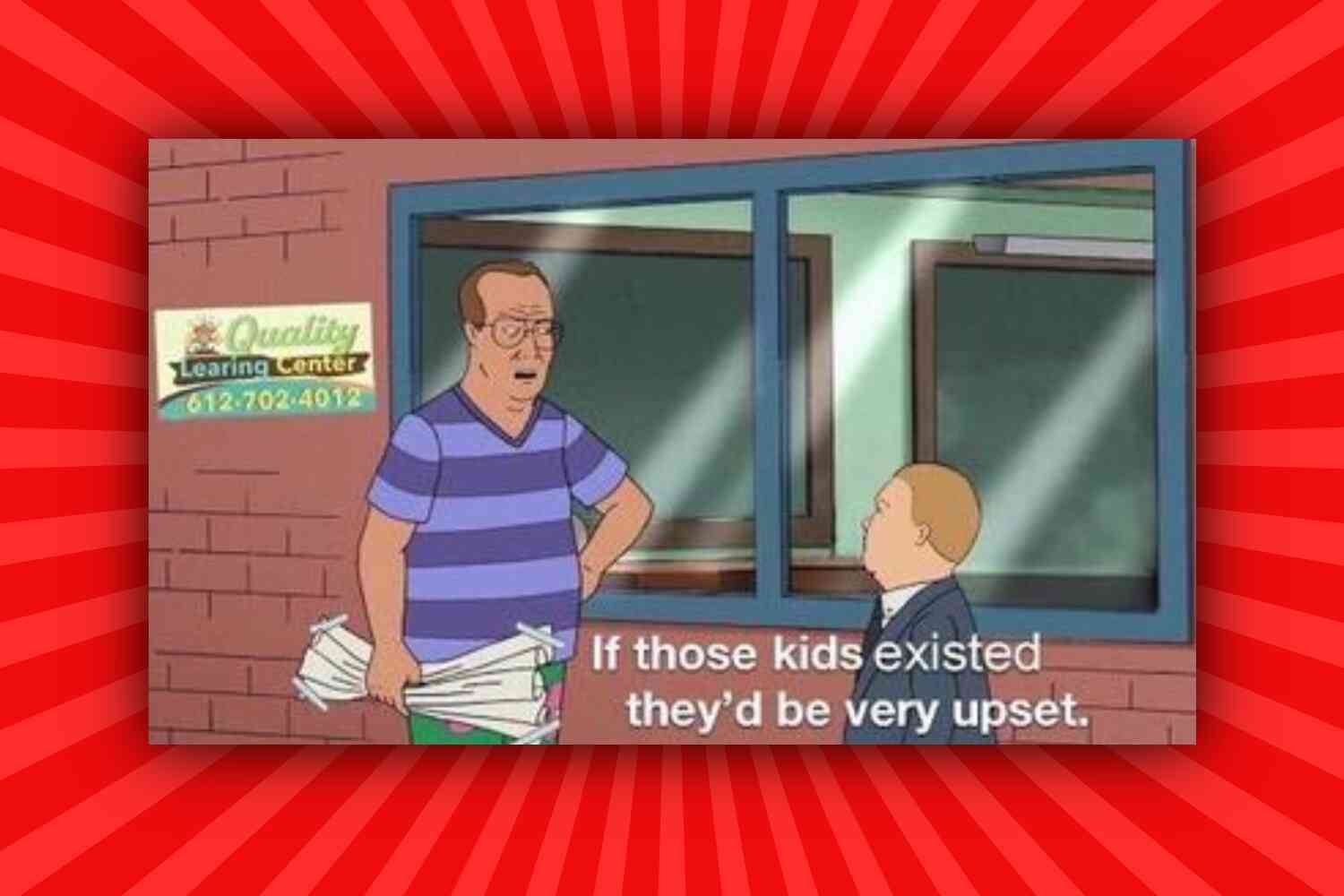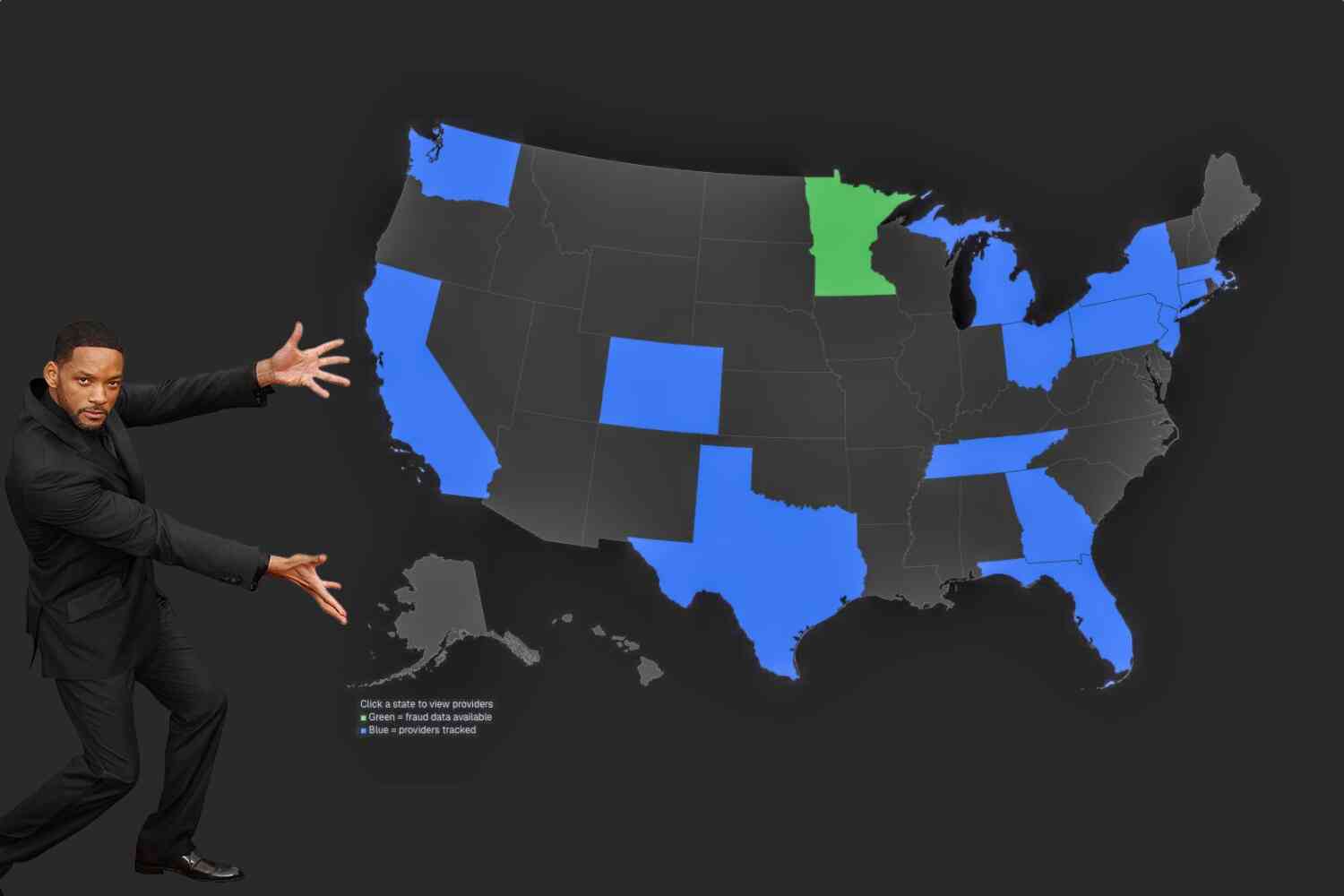It's pretty well guaranteed that the Federal Reserve is going to jack up interest rates later today in its ongoing efforts to bring down inflation throughout the economy:
The Fed at 2 p.m. ET will announce how much it is increasing interest rates in its latest effort to tame high inflation, with market participants expecting a 25 basis point bump from the central bank.
What does that mean for you, the average consumer? The Daily Caller News Foundation has some insight:
Although consumers may see some relief from inflation as a result of the Fed's rate hikes, they might give back some of those gains as heightened interest rates drive up borrowing costs, Heritage Foundation economist E.J. Antoni told the DCNF.
"Consumers first experienced the pain from inflation and are now being inflicted with higher borrowing costs from higher rates," Antoni said. "Thus, the Fed gets you coming and going when it comes to its schizophrenic interest rate policy. This is a perfect illustration of why the Fed should be allowing interest rates to seek their natural level instead of indirectly targeting an inflation rate by directly targeting an interest rate."
Maybe that's true, but it's pretty certain that the Fed is going to keep on Fedding no matter what. And there's two sides to every coin, no pun intended:
"The good news is that the worst is over," Yiming Ma, an assistant finance professor at Columbia University Business School, told CNBC. While inflation remains well above the Fed's 2% target at 6.5% through December, pressures keeping up prices have "come down substantially and the pace of rate hikes is going to slow," Ma told CNBC.
On the other hand, while the worst of inflationary pressures may have passed, the economic contraction caused by aggressive interest rate hikes will likely lead to a recession, Peter C. Earle, economist at the American Institute for Economic Research, told the DCNF.
So grocery prices might start dropping, but we also might see a major unemployment event.

Unfortunately this sort of thing rarely stops with just one hike, one way or the other:
"Large financial institutions in the money markets are anticipating either that the Fed will lower rates because of a recession, or if there is no recession, to jump-start growth," Earle said. "Moving the short-term interest rate target around to engineer macroeconomic outcomes is inexact since full of unintended consequences and trade-offs, and it would be better if those rates were driven by markets instead of central planning."









